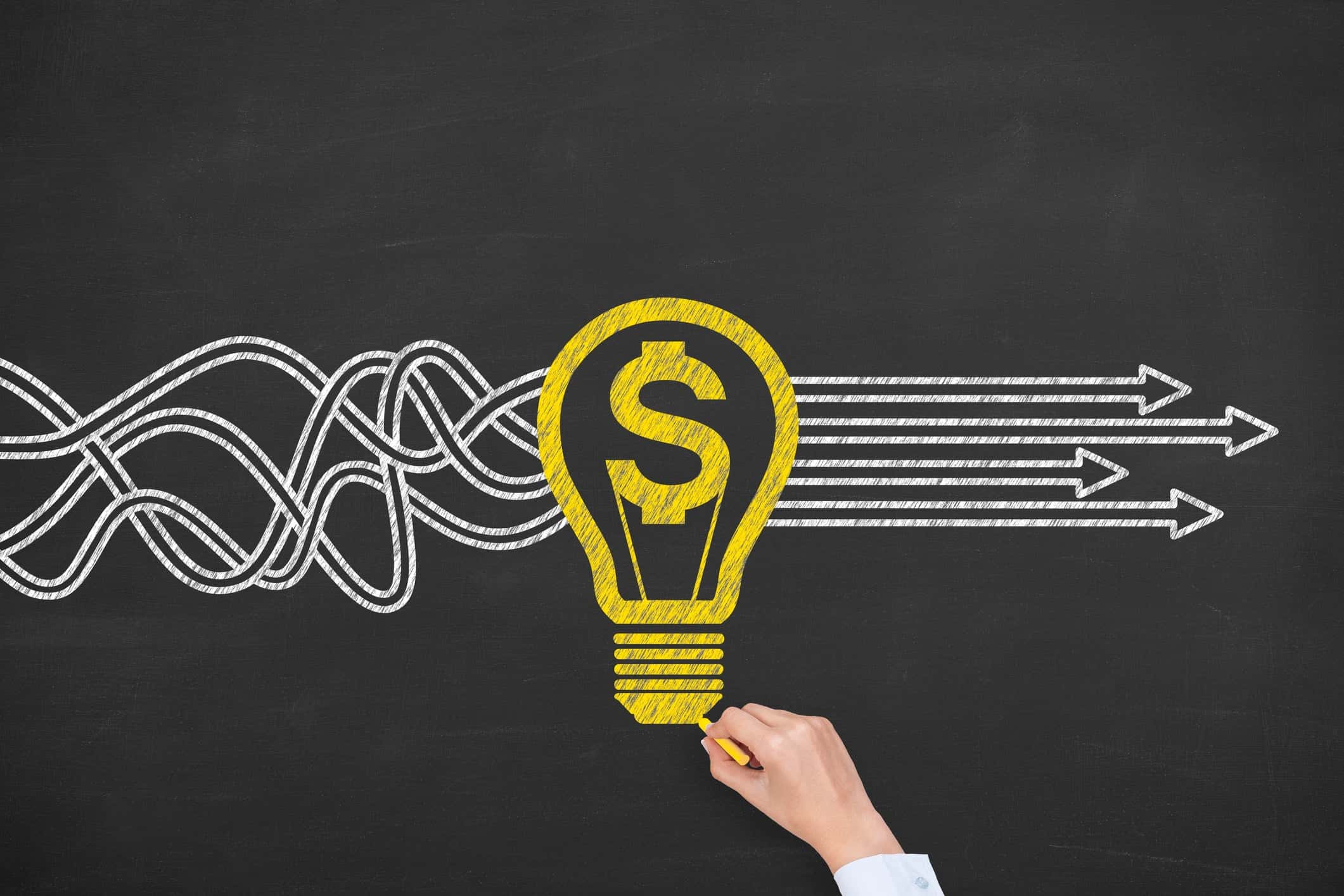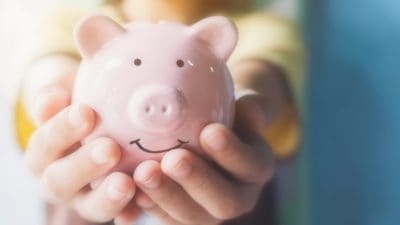When I started freelancing, I foolishly (and not in the Motley Fool way!) conducted all my business transactions through my personal chequing account. I naively thought that come tax time, it would be easy to go back and itemize which transactions were business income and expenses vs personal ones.
What resulted was a nightmare for myself and the poor accountant I hired to decode the mess I made.
Since then, I have gone to great pains and lengths to maintain a separate bank account for all self-employment income and expenses. The process wasn’t terribly intuitive though, but having gone through it I now have a pretty good idea of what to do if I was a new entrepreneur starting my company today (like some of you reading this article).
Here are my top tips on how to make the process painless, seamless, and affordable. You get to learn from my mistakes!
Get your documents in order
Banks love their due diligence. The last thing any branch manager wants is to open an account for some shady character with none of the paperwork validating their identity or ownership of their new business. As a new entrepreneur, it is absolutely vital that you get your documents squared away. This can include:
- Name, home address, phone, email, date of birth, government issued photo ID;
- Legal business name registration, D.B.A (doing business as) name if applicable, and registered office address;
- Articles and certificate of incorporation (if limited company) or partnership registration / agreement (if partnership).
- List of the corporation’s directors and shareholders.
There may be other items applicable to this list, so you’ll want to double-check with the particular bank you want to open an account with. However, these are some essential items nearly every reputable branch will ask for.
Pick the best, not cheapest account to open
I didn’t follow this tip. I opted for the account with the lowest monthly fee, not realizing that it had a cap on transactions before an additional fee kicked in. After a successful month of freelancing where I finished many gigs, I was shocked to find that additional charges had eaten into my earnings. Had I selected an account with a higher monthly fee, but more included transactions, I would have actually saved money.
Hence, it is important to forecast your transaction utilization carefully. Think hard about how many deposits, withdrawals, and transfers you will likely make within the first year of your business. Err on the side of caution, and give yourself some room to work with. It is better to pay a bit extra for more that you can always use when business picks up, versus getting dinged by extra fees because you went over your activity limit.
Get some good bookkeeping software
Initially, I tried to save money doing my bookkeeping by keeping an excel sheet of all transactions. I didn’t adhere to double-entry accounting standards and it soon ballooned into an unrecognizable monstrosity of broken references, badly formatted cells, and errors. It took twice as long to clean up versus if I just shelled out the money for a good bookkeeping software.
Nowadays, software like QuickBooks is readily available online for entrepreneurs in various packages, with different prices and features you can pick from to suit your needs. They offer ready integration with most online banking services, which allows you to track transactions more or less automatically. Spending the necessary money on this essential piece of software will save you tons of time down the road, allowing you to worry less about finance and focus more on developing your business. As an entrepreneur, time is money!








